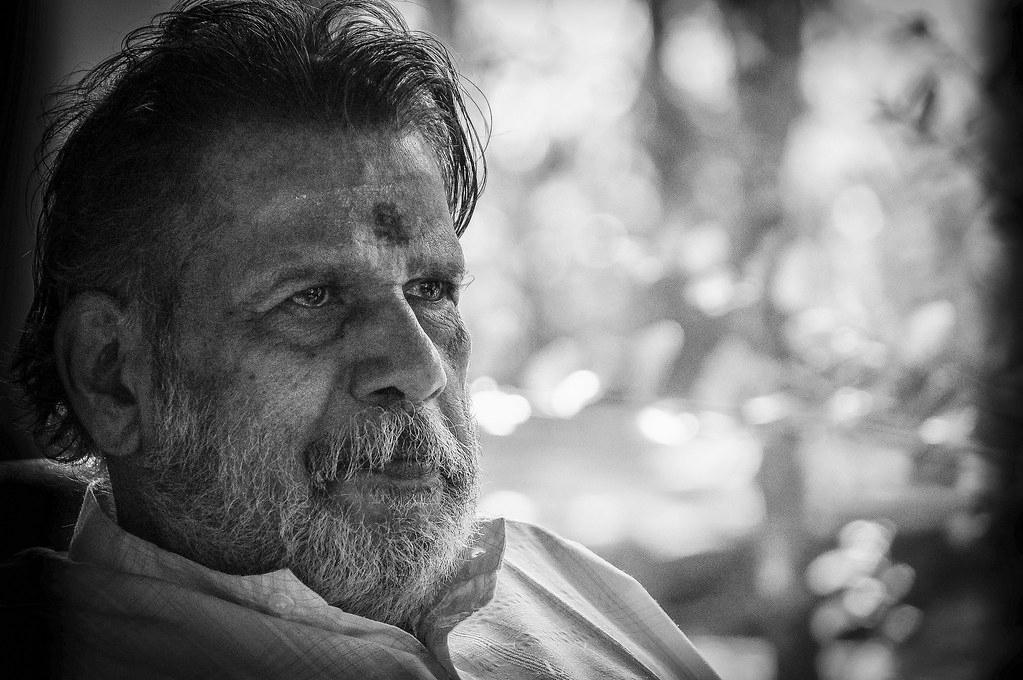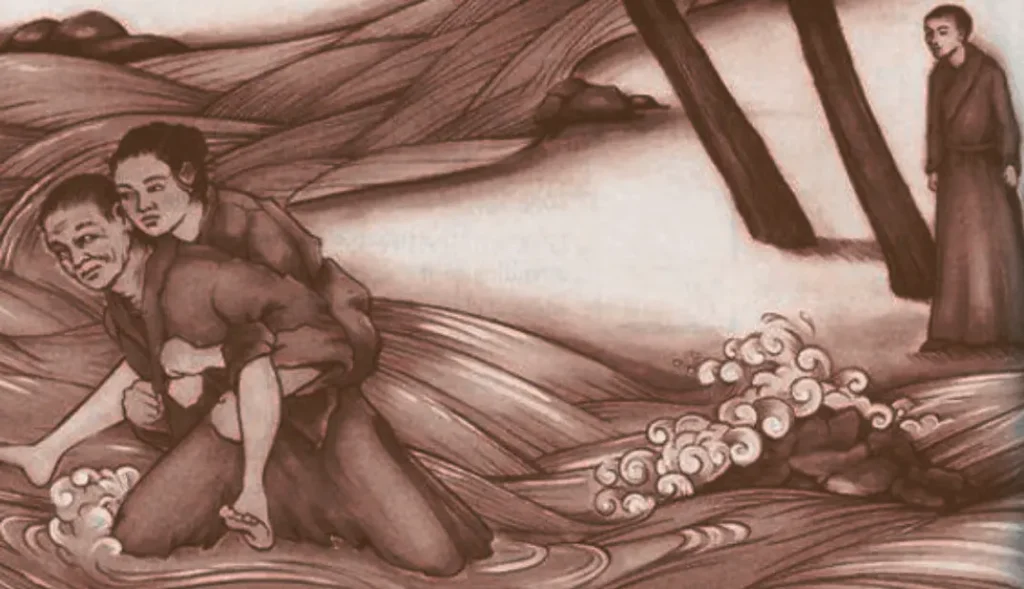Starting your first or a new job can feel like stepping into a dense forest. You expect a peaceful, structured environment, but instead, you find workplace stress creeping in from all directions. The unpredictability, lack of clear tasks, and constant pressure to perform can quickly turn into work-related stress. Instead of step-by-step guidance, you’re handed vague instructions and overloaded with expectations—making stress at work feel inevitable.

Without proper training or clear direction, the pressure builds up, leading to workplace burnout. You try to keep up, but when expectations aren’t aligned with reality, dealing with stress at work becomes a daily struggle. So, why does this happen? More importantly, what are the best strategies for managing stress in the workplace when you feel lost?
The Reality of Unstructured Workplaces
Most companies don’t have a clear process for onboarding fresh graduates. They assume you’ll “figure it out” because, in their minds, the job is already running. Managers are busy handling their own responsibilities and don’t always have the time (or patience) to train you properly. Instead of structured learning, you get bits and pieces of information and are expected to connect the dots yourself.
Why Companies Expect You to ‘Figure It Out’
There’s an assumption in many workplaces that learning happens by doing. Instead of training, they give you tasks and expect you to learn as you go. This can work for some, but without a clear foundation, it often leads to mistakes, frustration, and imposter syndrome. If a company lacks a structured marketing strategy or defined workflows, you’re not just learning your role—you’re building it from scratch.
Turning Workplace Disorder into a Learning Opportunity
A messy workplace can be seen as a hell in a cell or a free MBA—you decide. It’s a common question: how are you dealing with burnout at work? My simple answer is: when things are chaotic, start by documenting everything. No marketing assets? Make a shared drive and collect what you can. No clear strategy? Observe patterns, take notes, and connect the dots yourself. If no one’s giving you answers, become the person who finds them. That’s how you gain control in an uncontrollable system.
When a company lacks structure, it’s secretly an invitation to experiment. If no one is following a process, create one. If goals are vague, suggest a clear direction. If the workplace environment is causing stress and burnout in the workplace, set healthy boundaries. No one will stop you. Why? Because most people are too busy to fix things. If you take initiative, they’ll assume you know what you’re doing—and before you know it, you actually will.
Strategic Thinking: Creating Value in a Messy Environment
Most workplaces don’t need more effort; they need better thinking. Instead of just coping with stress at work or complaining about the lack of direction, ask: What’s the real problem here? Are campaigns failing because there’s no targeting? Are leads bad because sales and marketing aren’t aligned? Find the root cause, not just the symptoms. Strategy is just structured common sense.
Also, document your findings. When you spot inefficiencies, don’t just talk about them—write them down, suggest solutions, and track improvements. The moment you start thinking like a problem-solver, people stop treating you like a clueless newbie. And once you bring structure into chaos, you become valuable. That’s how you win in a disorganised workplace.
Staying or Leaving: A Decision Based on Rational Analysis
Quitting feels tempting, but before you make a dramatic exit, ask: Am I learning something useful? If the job is chaotic but teaches you resourcefulness, problem-solving, or industry insights, it’s worth staying a little longer. Not all bad jobs are useless—some are just tough teachers.

But if you’re stuck in a loop of confusion, doing work that doesn’t build your skills, then yes, start job hunting. Make a practical transition plan: update your resume, apply quietly, and leave on your terms, not out of frustration. Jumping ship without a plan isn’t brave—it’s reckless.
Making an Impact While Preparing for What’s Next
Even if you’re planning to leave, don’t check out mentally. Every task is a chance to build skills, improve your resume, or create something that proves your value. Find small wins. Organise the marketing mess, create a simple campaign report, or optimise a process. Future employers love tangible impact, not just “I worked there” on your CV.
Also, start networking yesterday. Talk to people in your field, join industry groups, and engage on LinkedIn. Jobs don’t magically appear; they come from people. If you quietly build skills and connections while stuck in a messy job, you won’t just escape—you’ll upgrade.
The Hidden Truth: It’s Not Just You
Many companies, especially small or midsized ones, are still figuring out their own marketing approach. They don’t have well-defined goals, target audiences, or structured campaigns. This means even senior employees are improvising. You’re not failing—the system itself is messy.
The key is recognising this early. Instead of waiting for clarity, start documenting what’s missing. What information do you need to do your job well? What patterns do you see in the confusion? If you can map out the gaps, you’ll be in a better position to either fix them or use them as leverage when discussing your role.
Keep saying: Live.Love.Learn.Liberate








